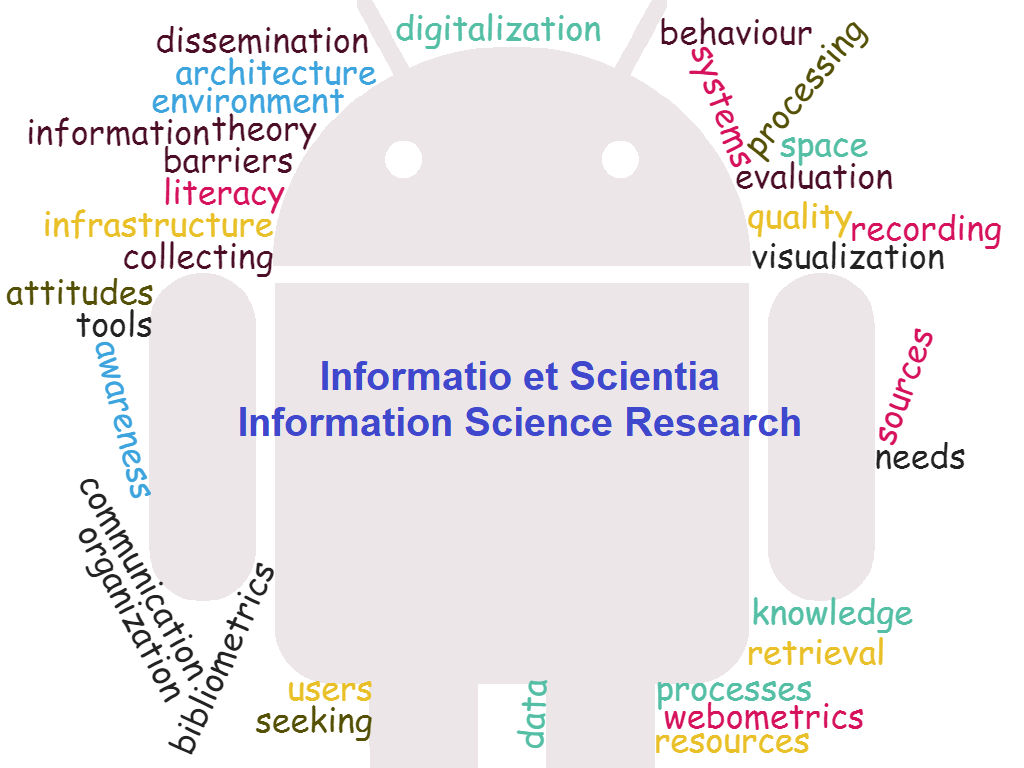Conceptual approaches to the definition of the term «fact»
Conceptual approaches to the definition of the term «fact»
Author(s): Maria KomovaSubject(s): Library and Information Science, Other, Communication studies
Published by: Instytut Informacji Naukowej I Bibliotekoznawstwa, Uniwersytet Marii Curie Skłodowskiej w Lublinie
Keywords: fact definition; mass media; social communication;
Summary/Abstract: Different significant features, which correlate with the word «fact», are actualized through the peculiarities of the notional system of different branches of scientific knowledge. There is no single common scientific interpretation of the term «fact». The purpose of the research is to investigate the semantic structure of the term «fact», to formulate and substantiate its definition. Definition wording of the social-communication term «fact» involves identifying its taxonomic relations: the place of the notion among other notions and semantic (hierarchical, causal-consequential) connections between them, realized through the logical systematic of the notion. To detect essence of the notion of «fact» should be investigated universal properties and relations of objective realization forms of this phenomenon– the general structures which build categorical scheme. The theoretical and methodological basis of the research consist of scientific theories and concepts which form the fundamental scientific positions in philosophy, social communication, mass media, terminology. The philosophical theory of cognition generates factual concepts by studying the processes of obtaining knowledge about the essence of things, natural and social phenomena. The basic platforms of philosophical generalizations concerning the epistemological nature of the facts include: correlation of objective reality and language; dependence of human cognitive activity and language creation; the relations of objective reality and judgments about it. The social and communication aspects of the factual concepts are focused on the investigation of the functional characteristics of the fact in mass media creativity and editing, correlation of the fact with the objective reality and human consciousness. Specificity of the study requires the use of basic notions of the theory of the term, application of methods for terminological analysis: analysis of the semantic structure of the term «fact»; detection of the term relevance to the requirements of uniqueness and accuracy; establishment of the term signifies; categorical analysis of the notion. By creating a system of knowledge about the essence of the fact it is possible to provide modeling of social-communication term «fact»: the establishment of significant properties, connections and relations, allocated in notions definitions which are related with notion of the fact by generic-species relations: genitive notion – fact, specific notions – phenomena, processes, events. The semantic structure of species notions includes the meaning of «changing a particular object». This changing is a factor of the cognitive process and their transference to the consumer of information by means of social communications is a component of the knowledge management system since it is conscious and purposeful. Comparison of the logical relations between notion of «fact» and notions, which are connected to it by causal-consequential relations, is relevant. Social-communication notion of «fact» has close causal-consequential relations with the notion of «information»: the fact is an origin of information in a diversity of interpretation versions. Changes in space and time lead to appearance as a consequence of, which is reproduced by sign equivalents of a particular sign system. Conducted research makes it possible to conclude that for the social communications sphere we consider the following scientific definition to be reasonable: the fact is an obvious change of the objective reality in space and time, objectified and interpreted by the system of social communications for human cognitive activity. The fact reveals a complex, systemic phenomenon, realized in space and time and manifests in the triad of interconnected and interdependent signs, which have epistemological, dialectic, social and communicative aspects.
Journal: Informatio et Scientia. Information Science Research
- Issue Year: 1/2018
- Issue No: 1
- Page Range: 17-29
- Page Count: 13
- Language: English

